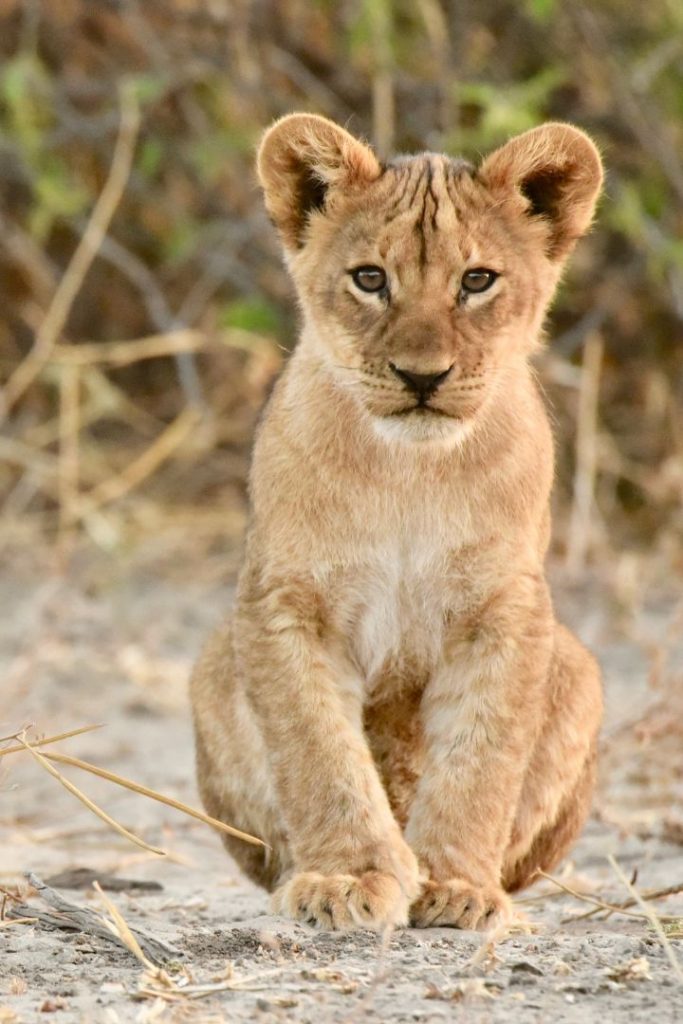Nestled beneath the dramatic cliffs of the Great Rift Valley, Lake Manyara National Park is a small yet incredibly diverse destination. Spanning approximately 330 square kilometers, the park is named after its shimmering alkaline lake, which covers two-thirds of its area. Renowned for its stunning landscapes, abundant wildlife, and captivating birdlife, Lake Manyara offers a unique safari experience that combines breathtaking natural beauty with thrilling wildlife encounters.
Lake Manyara is famous for its rare tree-climbing lions, often seen lounging on the branches of acacia trees. This unusual behavior makes the park one of the few places in Africa where visitors can witness lions in such a unique setting. The lions are just one of the park’s many predators, which include leopards and hyenas, making it a fantastic destination for big-cat enthusiasts.
Despite its small size, Lake Manyara National Park is home to a remarkable diversity of wildlife. Large herds of elephants roam the park, often providing close-up encounters. Troops of baboons and vervet monkeys can be seen along the forested areas, while giraffes, zebras, and buffaloes graze on the grassy plains. The park is also home to hippos, which wallow in the freshwater areas near the lake, and smaller mammals such as warthogs and dik-diks.
For bird enthusiasts, Lake Manyara is a true paradise, boasting over 400 species of birds. Flocks of pink flamingos often congregate along the lake’s edge, creating a dazzling spectacle. Other notable species include pelicans, storks, herons, and the majestic African fish eagle. The park’s diverse ecosystems, from the lake to the forests and wetlands, attract a variety of resident and migratory birds, ensuring a rewarding birdwatching experience year-round.
Lake Manyara National Park is renowned for its stunning scenery, which changes dramatically within its compact area. From the dense groundwater forests at the park’s entrance to the open grasslands and expansive views of the lake, the park offers a rich diversity of landscapes. The Rift Valley escarpment provides a striking backdrop, and the alkaline lake glistens under the African sun, creating a picture-perfect safari destination.
Lake Manyara is a year-round destination, with each season offering unique experiences. The dry season (June to October) is excellent for game viewing, as animals gather around water sources. The wet season (November to May) brings lush green landscapes and the arrival of migratory birds, making it ideal for birdwatching and photography.
Visitors to Lake Manyara National Park can choose from a variety of accommodations, ranging from luxurious lodges to cozy tented camps. Many options are located close to the park and offer stunning views of the Rift Valley and the lake. Whether you’re seeking opulence or a more rustic experience, you’ll find a place that complements your safari adventure.
At Tribal Culture Safaris, we specialize in creating memorable safari experiences that showcase the natural and cultural richness of Lake Manyara National Park. Our experienced guides provide deep insights into the park’s ecosystems, wildlife, and birdlife, ensuring an unforgettable journey. We also integrate cultural visits to nearby communities, adding a meaningful dimension to your safari.
Our guides are not only highly experienced but also passionate about Tanzania’s wildlife and culture. With their deep knowledge and personalized approach, they ensure a safe, immersive, and unforgettable safari experience.
No two travelers are the same, and we understand that. Our itineraries are fully customizable, allowing you to design the adventure that perfectly matches your interests, whether it’s wildlife, culture, or both.

We bring you closer to Tanzania’s rich traditions and cultures, providing an authentic look at local life and History. From Maasai villages, Hadzabe Communities to vibrant tribal encounters, every experience is enriching and insightful.
We are committed to sustainable tourism practices that protect Tanzania’s wildlife and environment. By traveling with us, you support conservation efforts and responsible tourism that benefits local communities.
Trustindex verifies that the original source of the review is Google. It was good experience to travel with you guys....#tanzaniaunforgetableTrustindex verifies that the original source of the review is Google. It's the bestTrustindex verifies that the original source of the review is Google. Awesome experience🔥Trustindex verifies that the original source of the review is Google. Highly recommended! Superb experience. The trip was well organized and every activity was worth it. 🤩🤩🤩Trustindex verifies that the original source of the review is Google. Best safari agent great hospitality ,kind staff and warmth throughout the safariTrustindex verifies that the original source of the review is Google. The best and most reliable company in Arusha Tanzania. I am a proud and satisfied customer